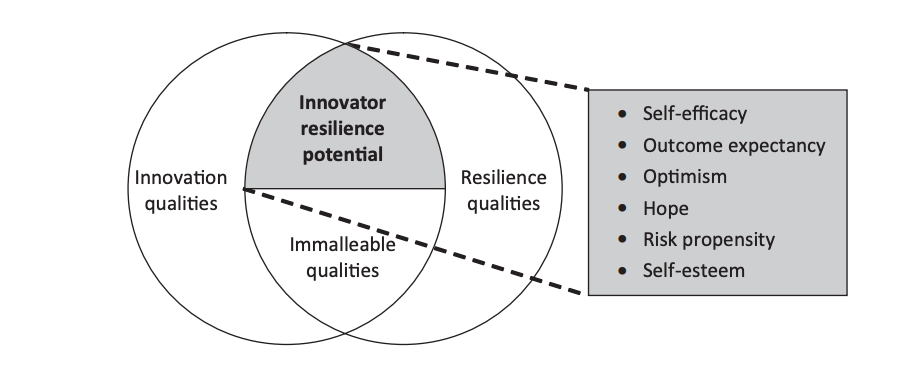Əlavə olunduğu tarix: 21.10.2022
Innovator resilience potential: A process perspective of individual resilience as influenced by innovation project termination
Innovation projects, i.e. projects that target the adaptation or development of new products, services, or processes (Woodman et al., 1993), are often terminated prior to completion (Shepherd and Cardon, 2009), especially when aimed at radical or discontinuous innovations (Bessant, 2008). Such project terminations are natural and often necessary as the innovation process involves high degrees of uncertainty and complexity (Clegg et al., 2002; Van de Ven and Polley, 1992).
Prior research has looked at such aspects as the
reasons for terminations (e.g. Balachandra and Brockhoff, 1995), success and failure
factors (e.g. Shenkar and Yan, 2002), or escalating commitment to underperforming
innovation projects (e.g. Sivanathan et al., 2008). These studies focus mainly on the
consequences of managerial decisions regarding the immediate effects of innovation
project terminations on profitability and organizational performance (Kester et al., 2009).

